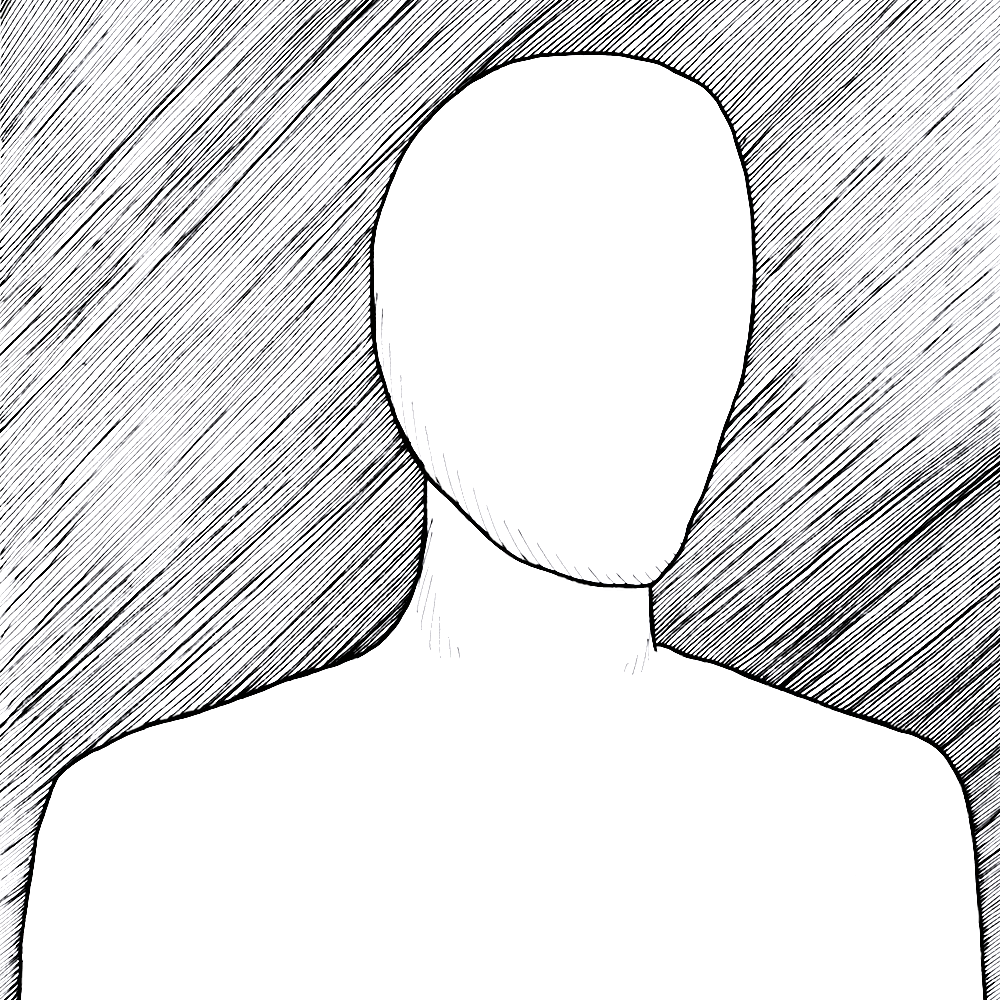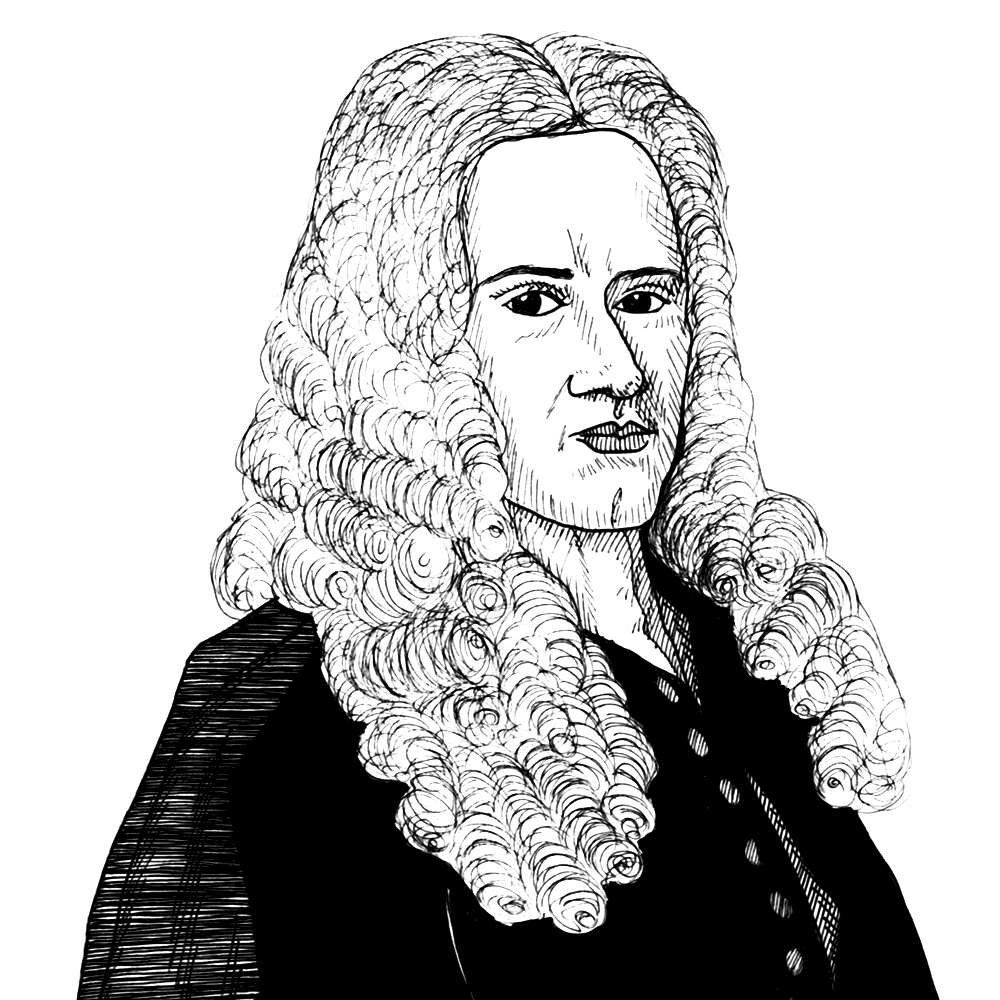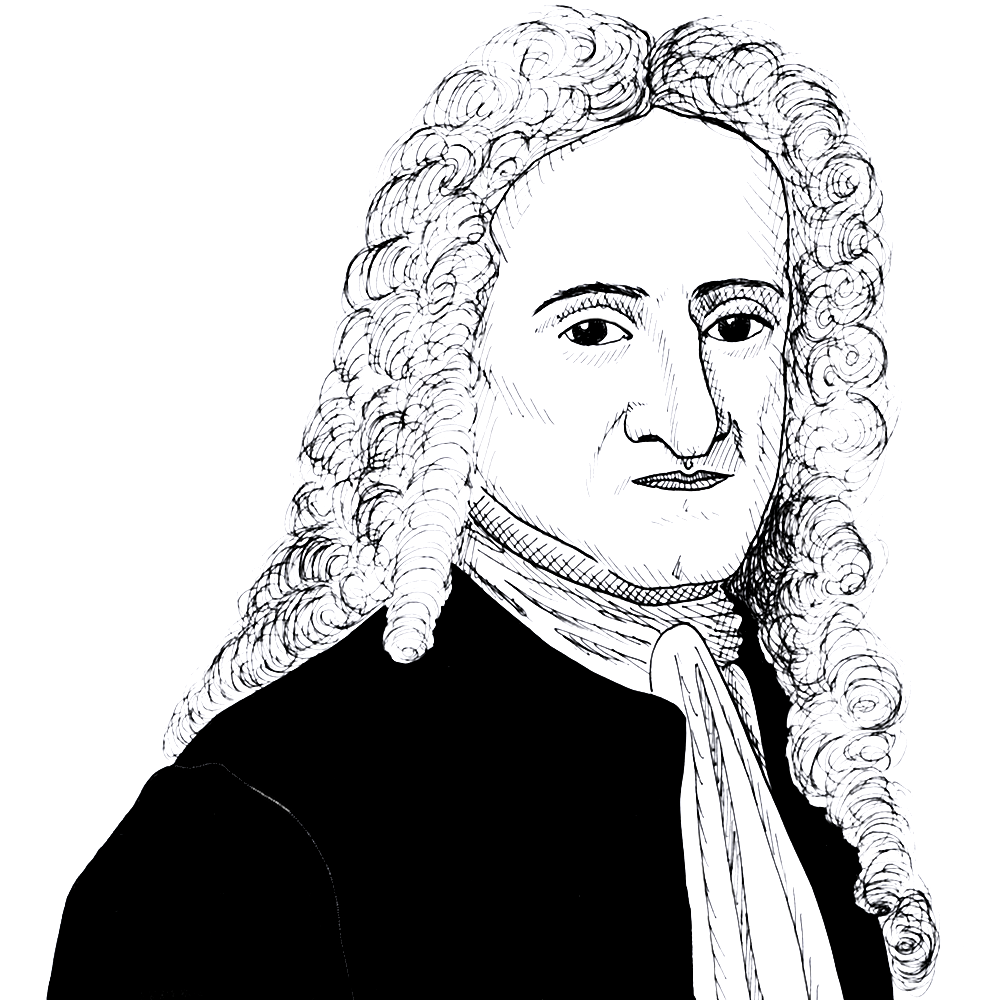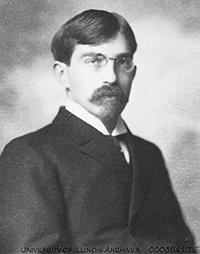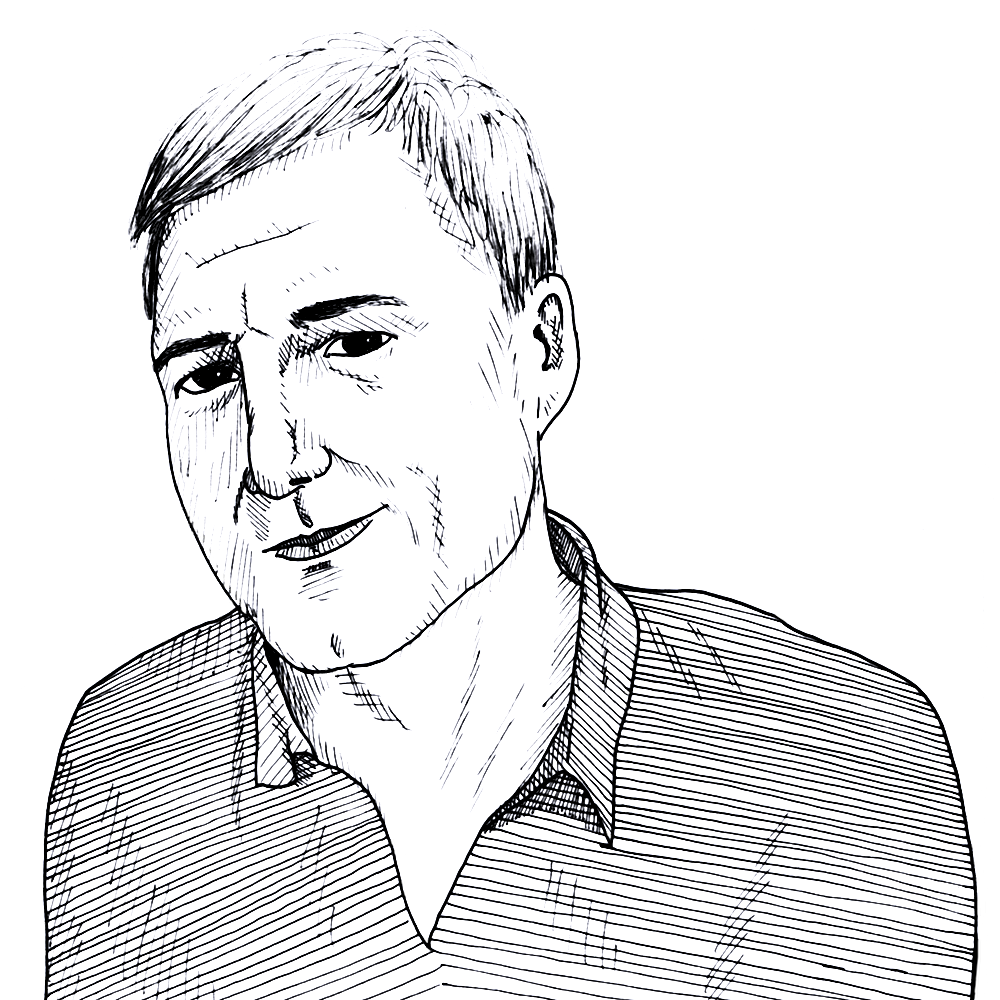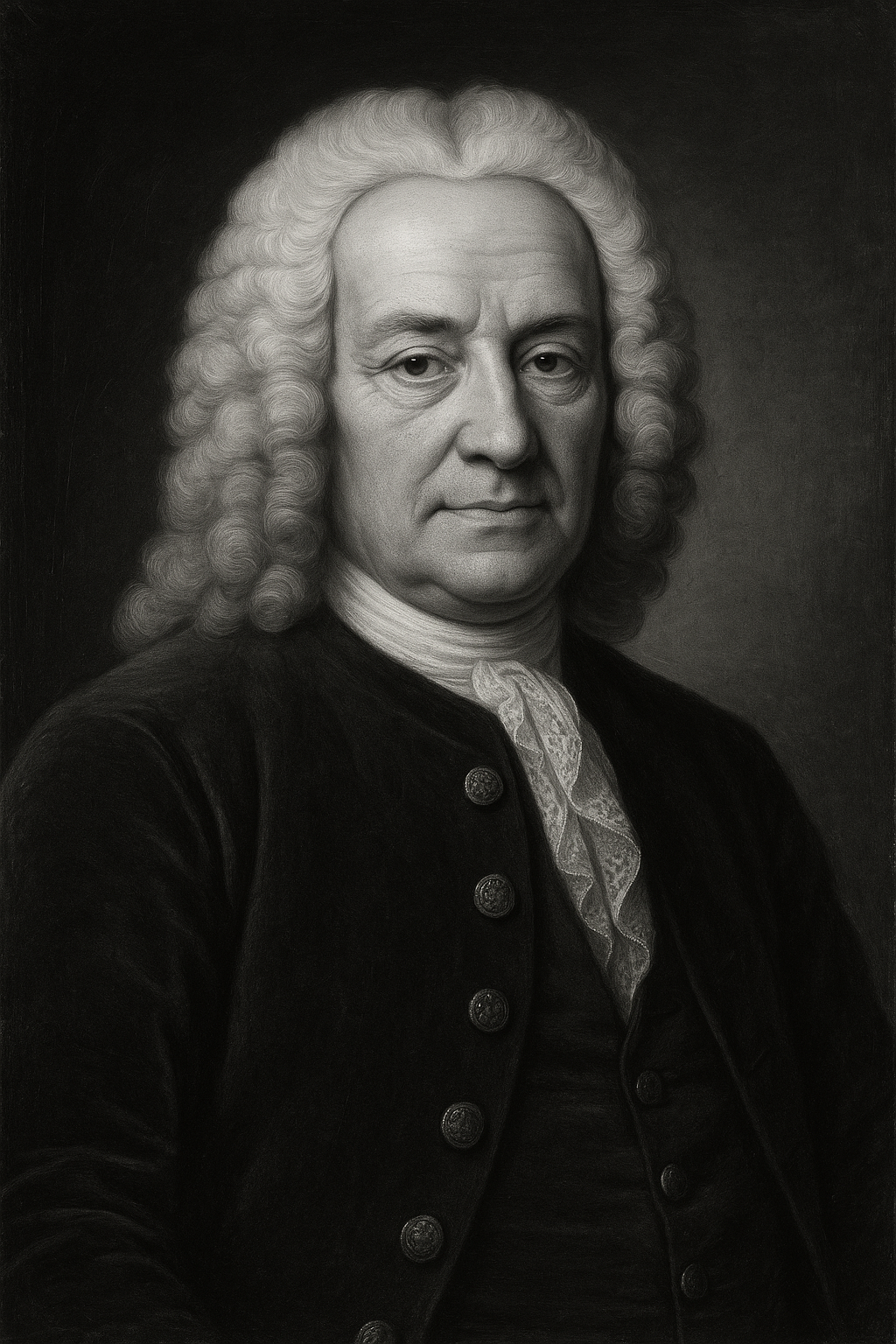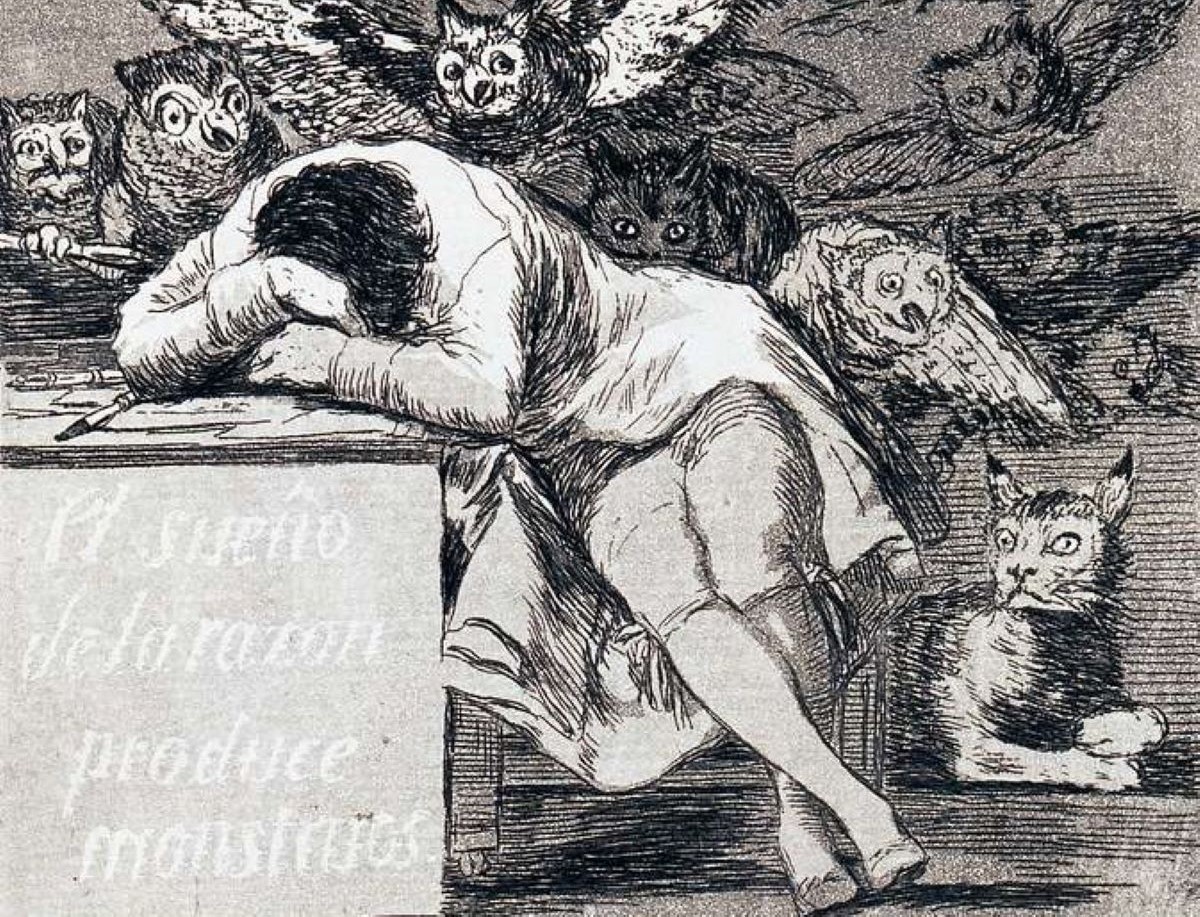Natural Law and Enlightenment Series
About this Collection
The intellectual struggle to articulate the theory of classical liberalism was often as hard fought as the physical battle for its political realization. The Natural Law and Enlightenment Classics Series presents not only some of the most famous figures from this history but also the lesser-known theorists who contributed their part to the contest of ideas. Through some of the Enlightenment’s most significant and most unusual works on natural law, moral philosophy, political theory, jurisprudence, and theology, this series offers readers a deep and nuanced understanding of classical liberal ideas and their development.
Key People
Titles & Essays
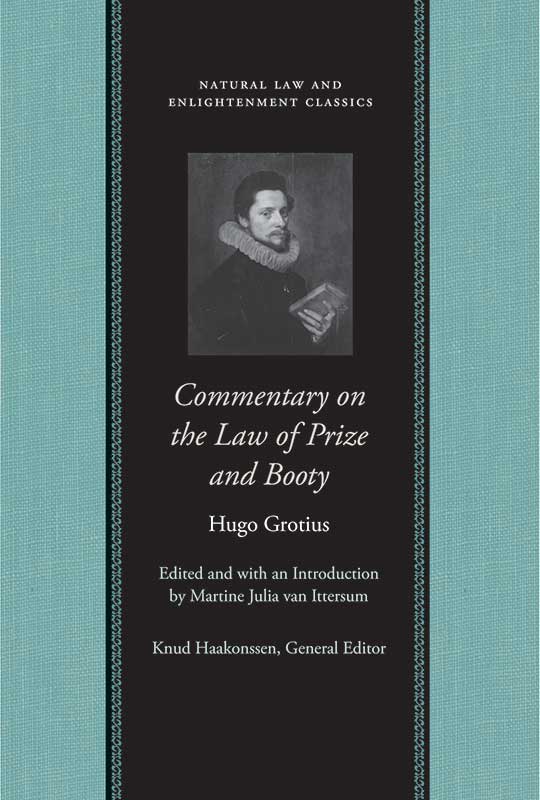
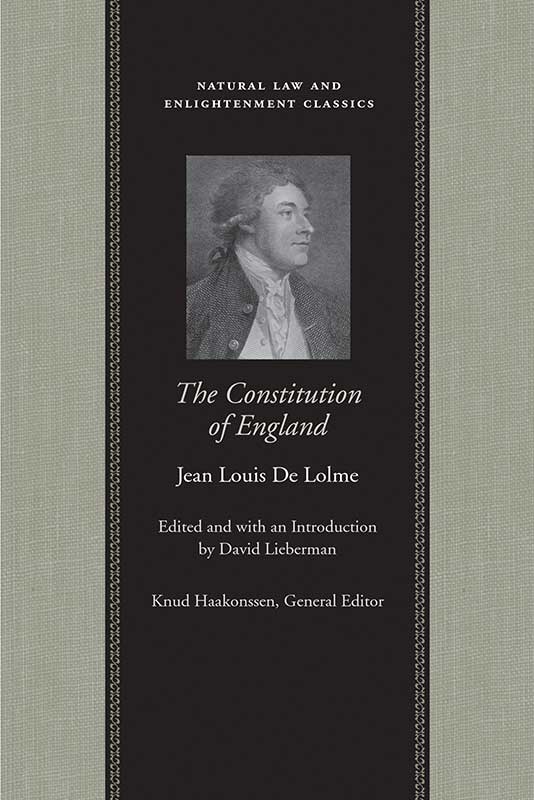
Jean Louis De Lolme (author)
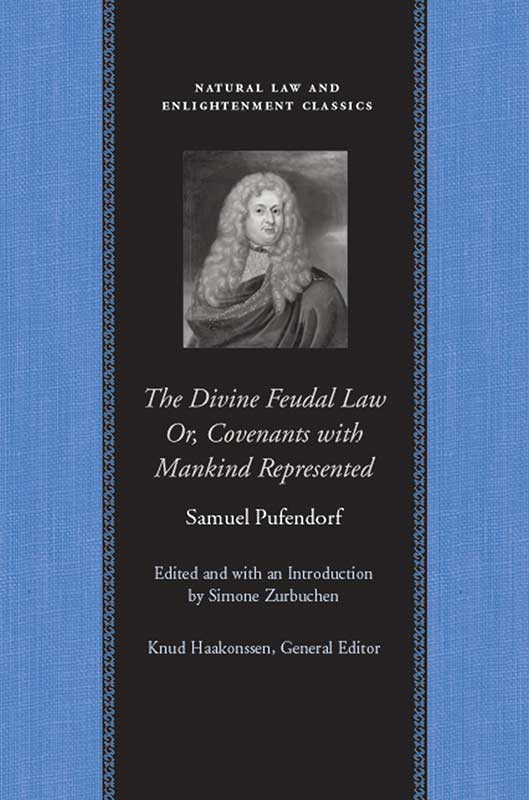
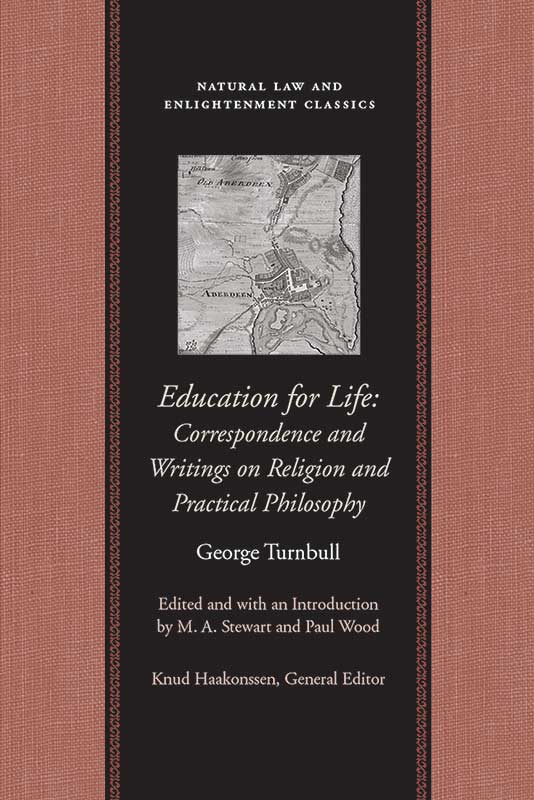
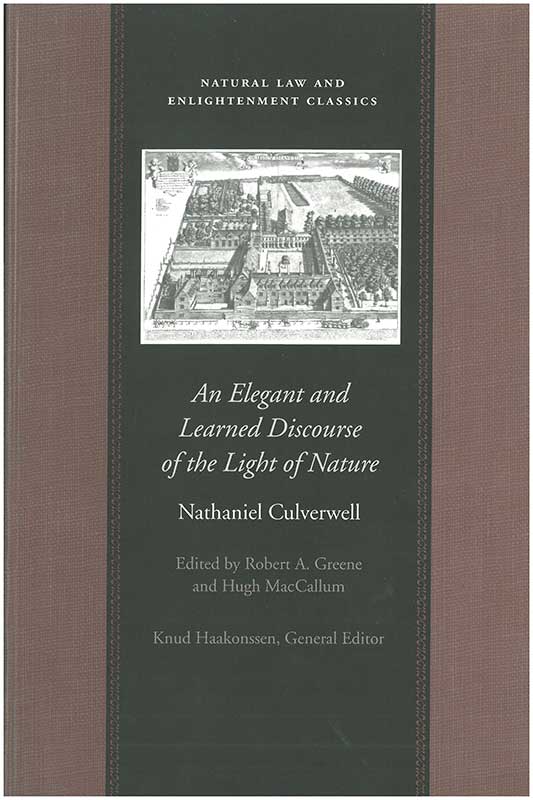
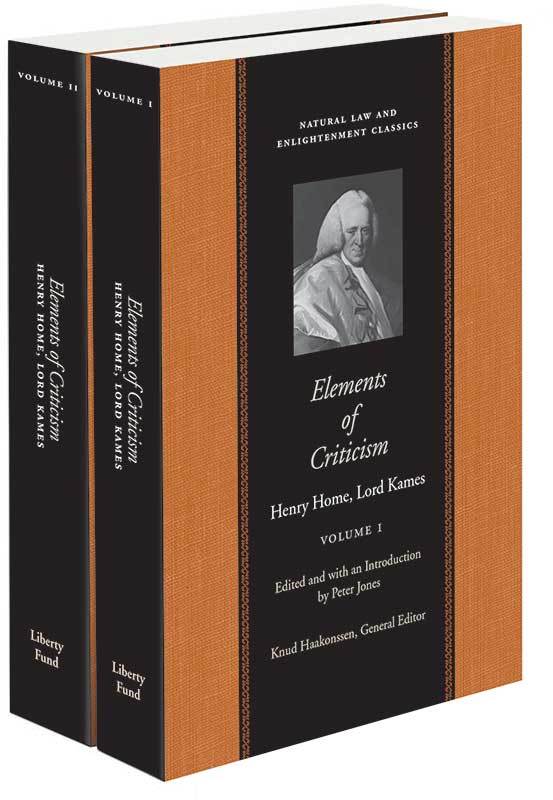


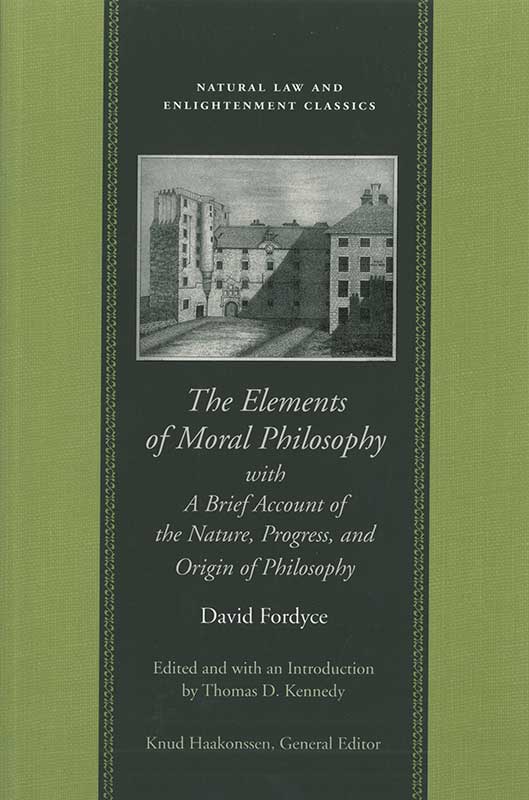
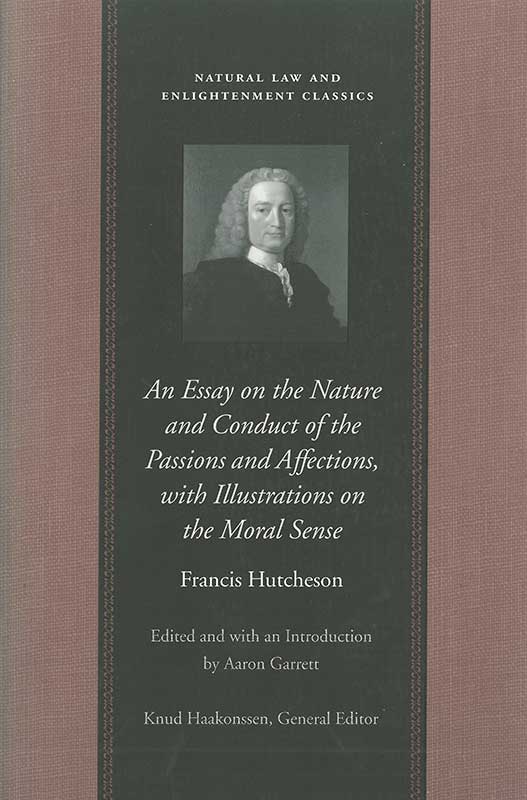
Francis Hutcheson (author)
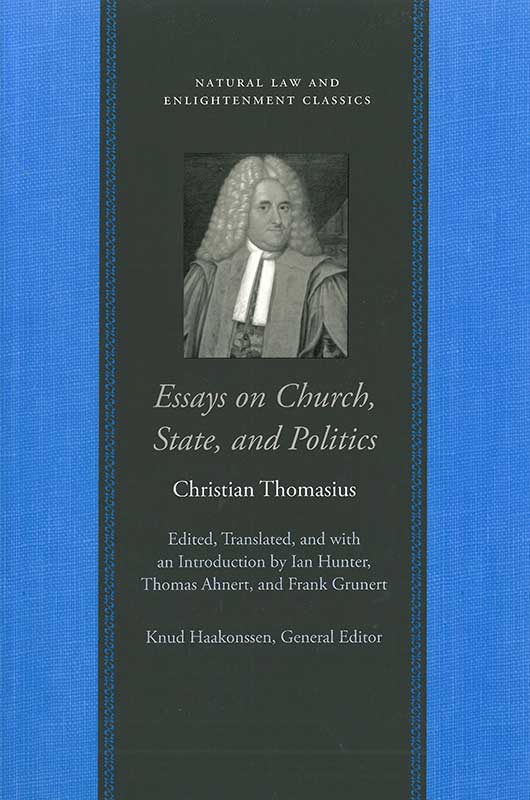
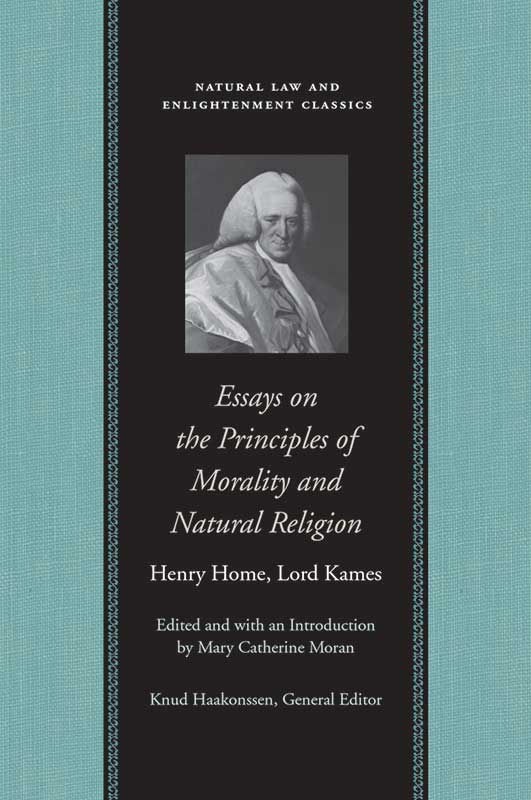
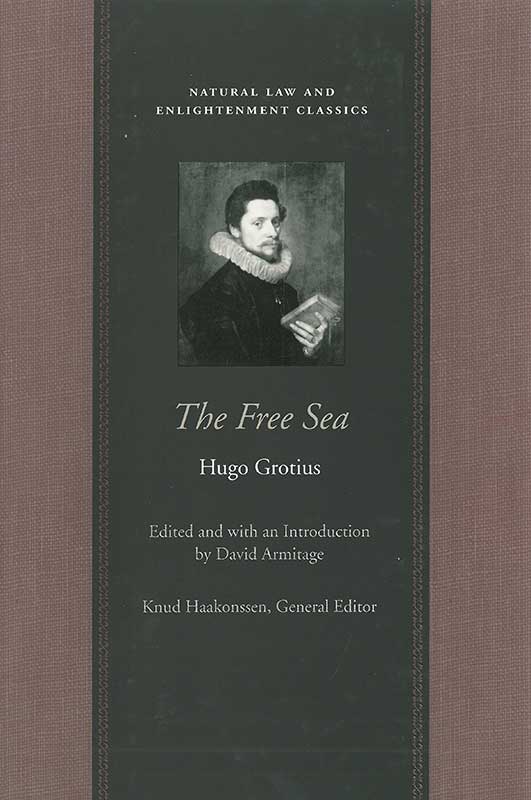
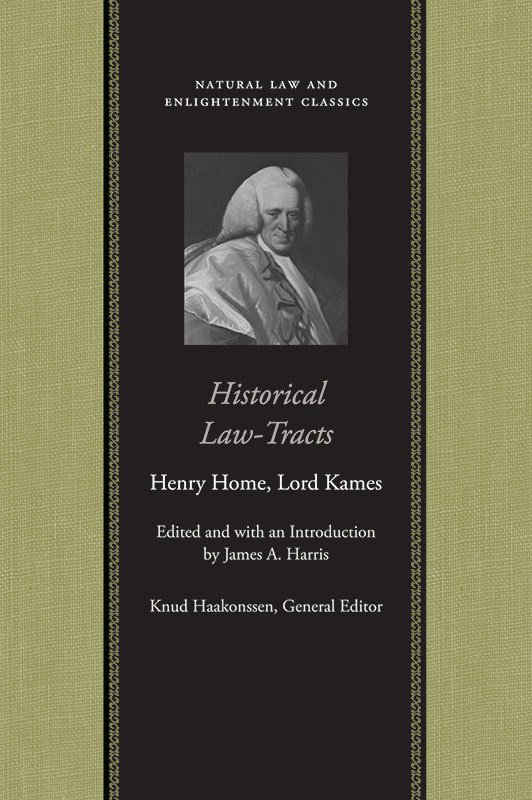
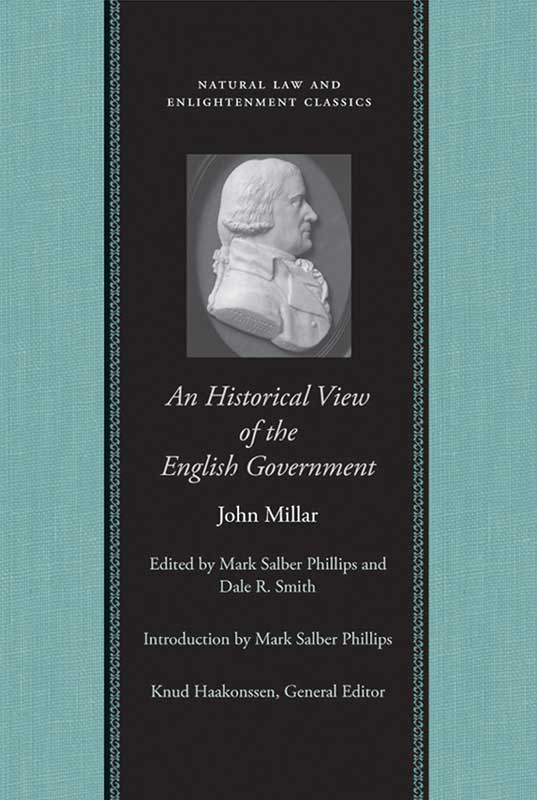
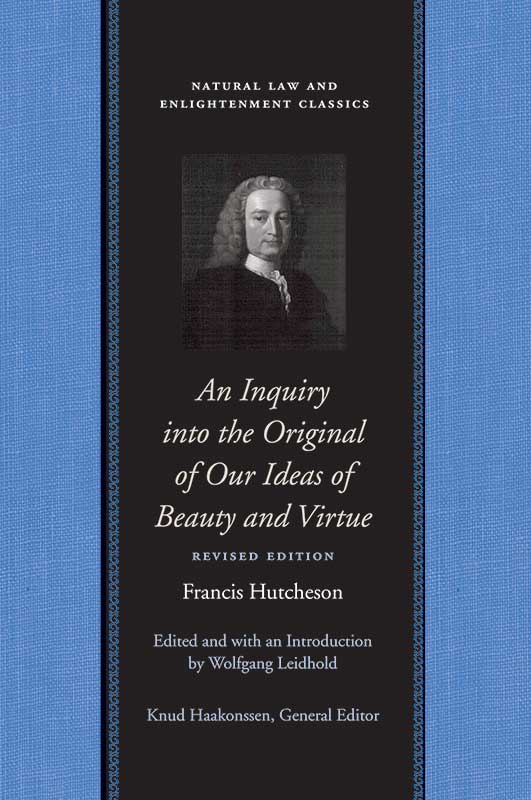
Francis Hutcheson (author)
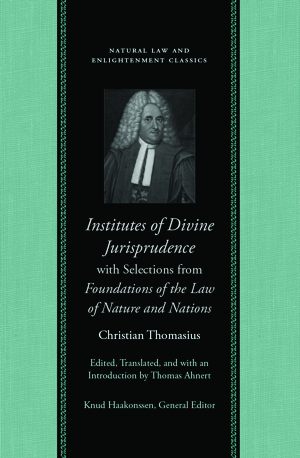
Christian Thomasius (author)
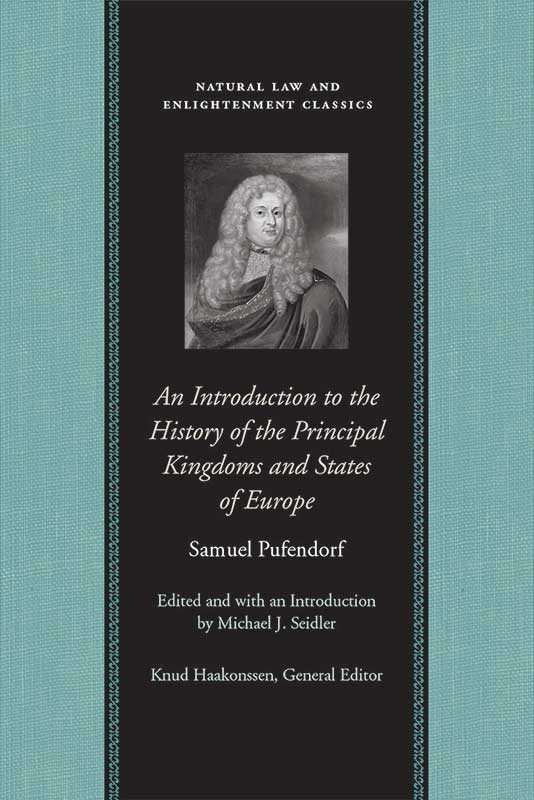
Samuel von Pufendorf (author)
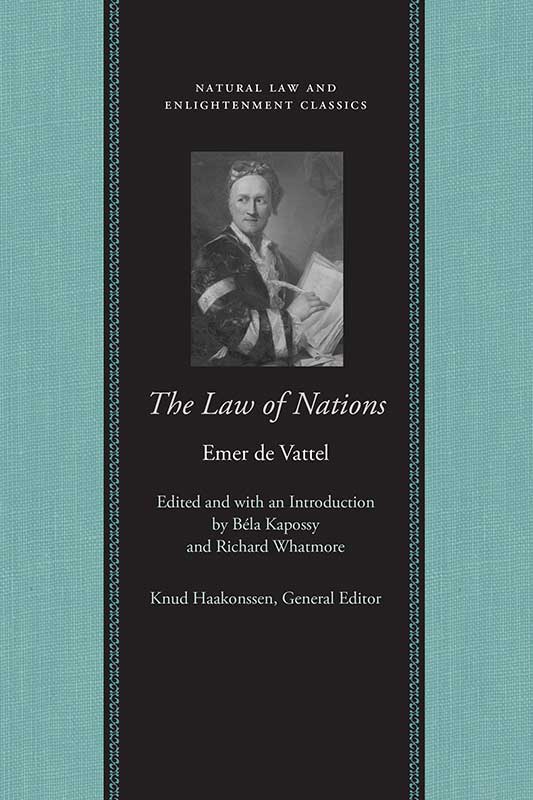
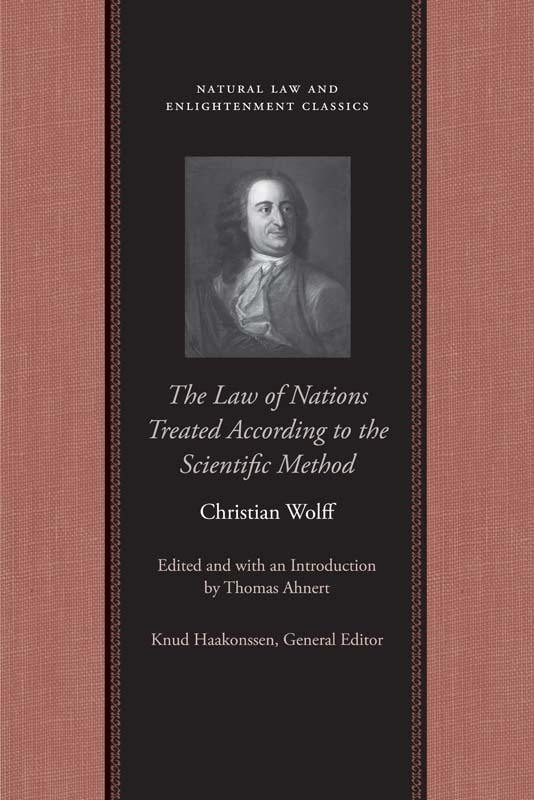
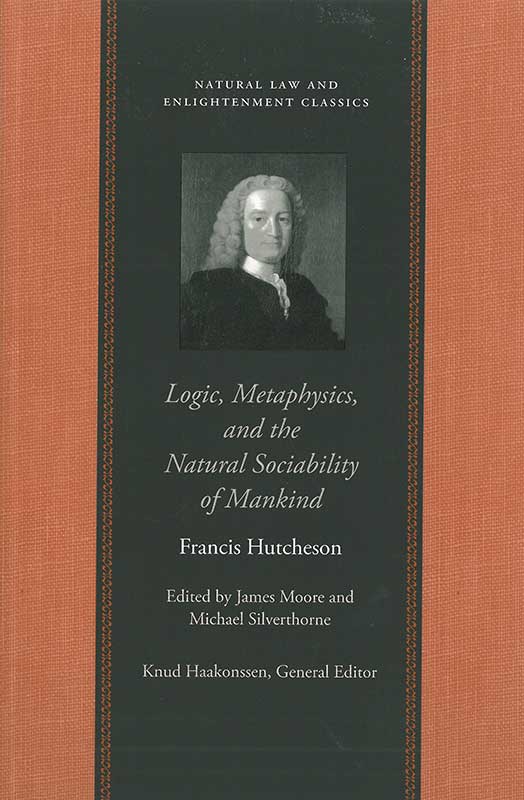
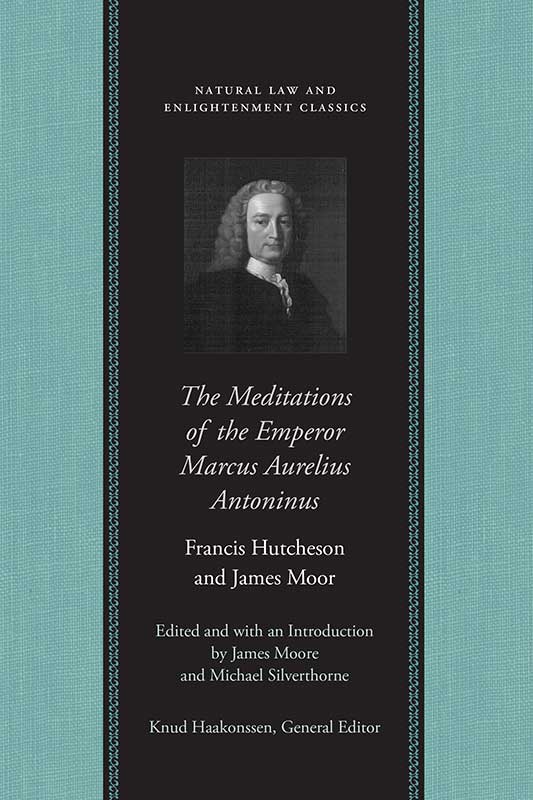
Marcus Aurelius Antoninus (author)
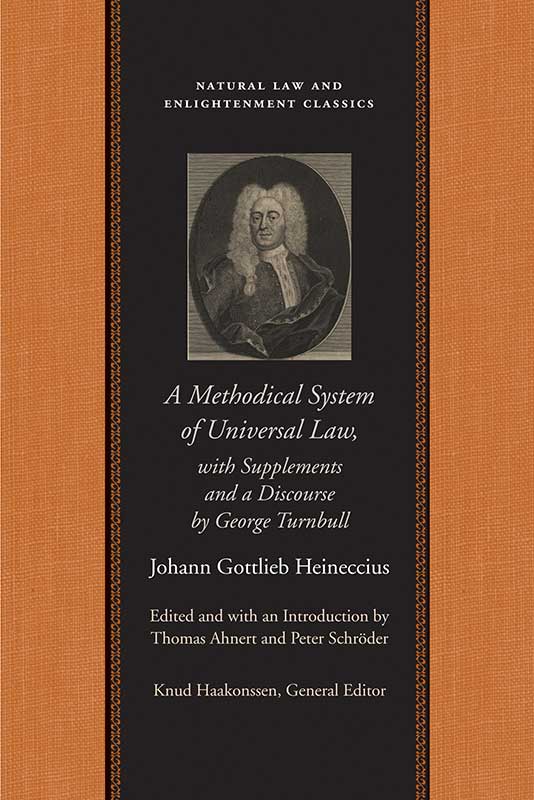
Johann Gottlieb Heineccius (author)
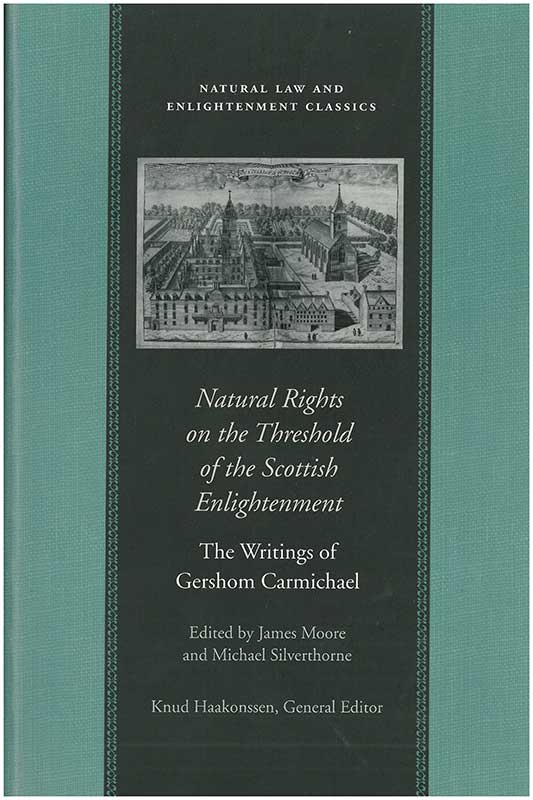
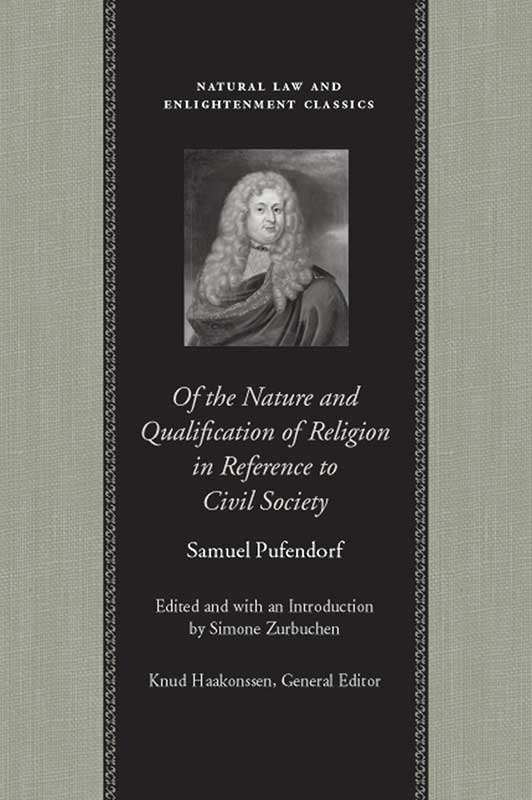
Samuel von Pufendorf (author)
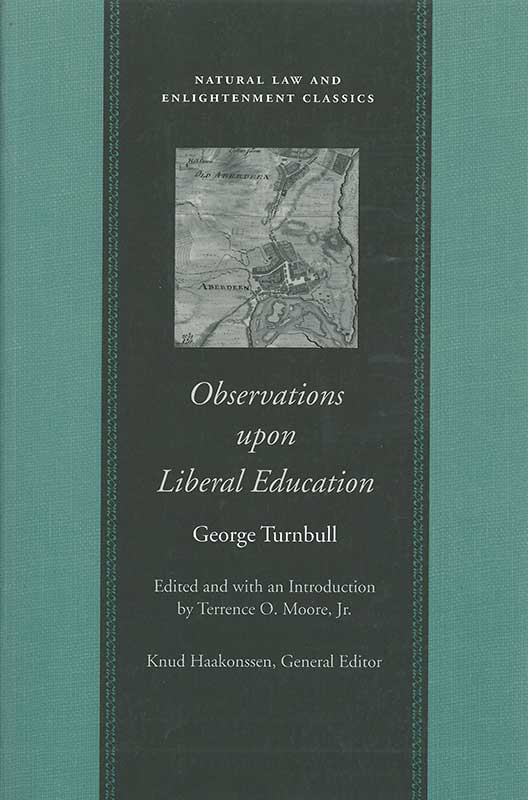
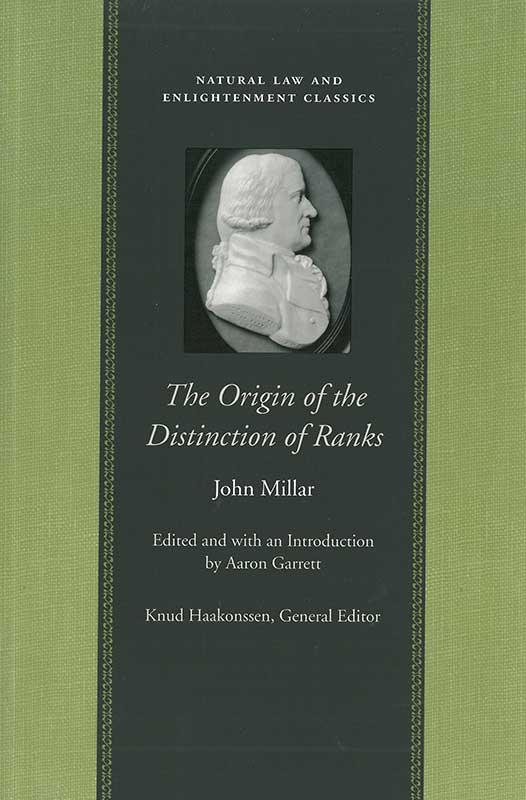
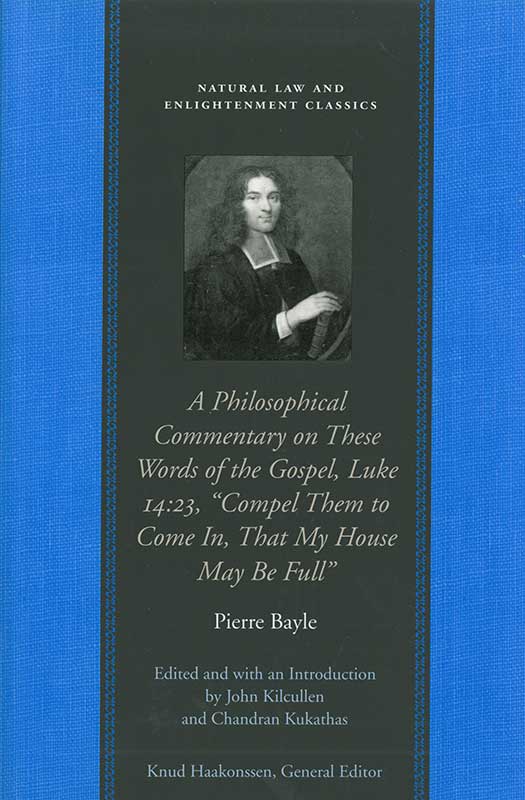
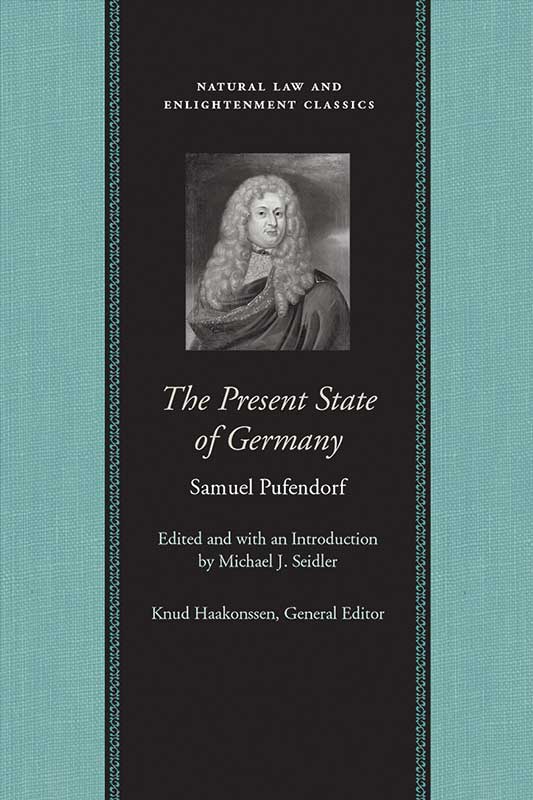
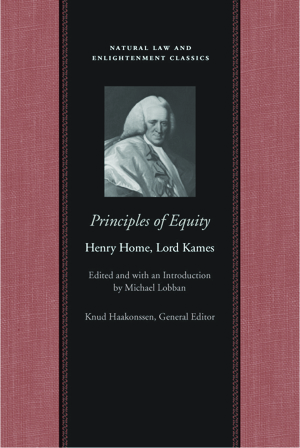
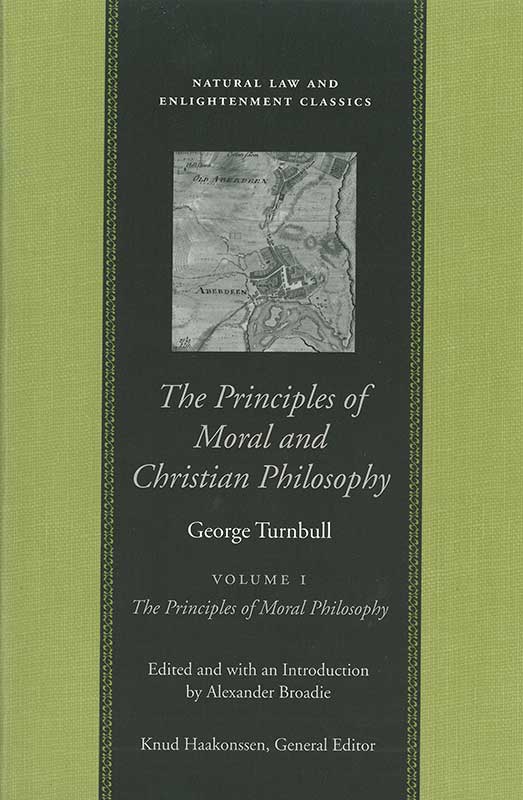
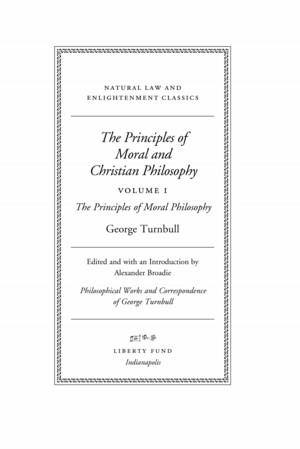
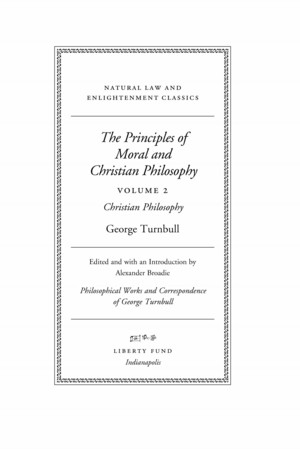
George Turnbull (author)
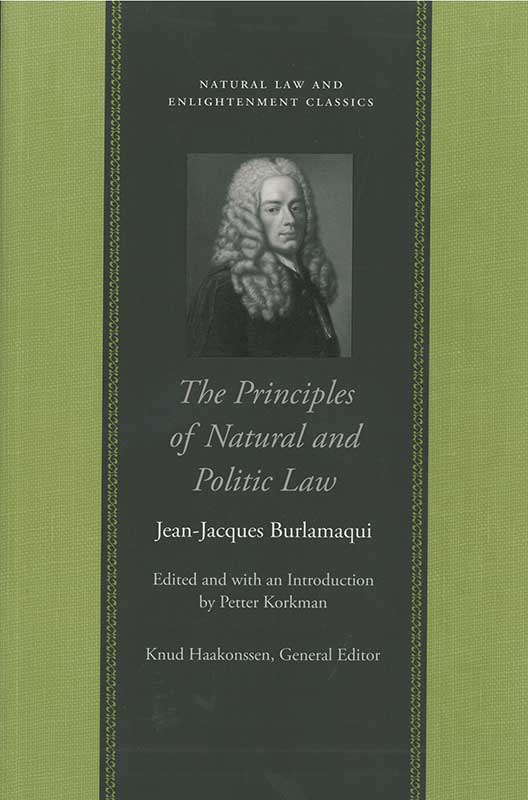
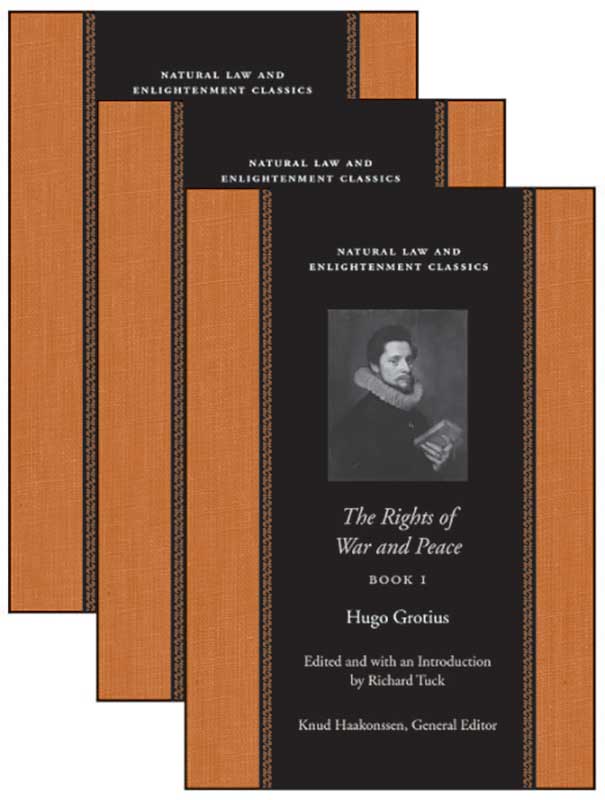
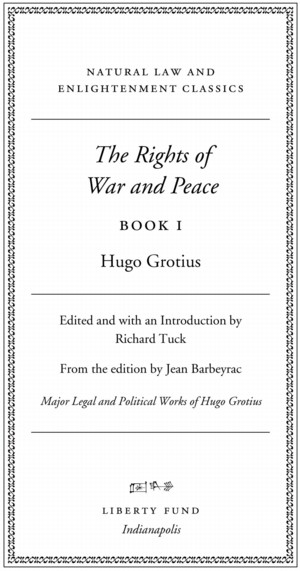
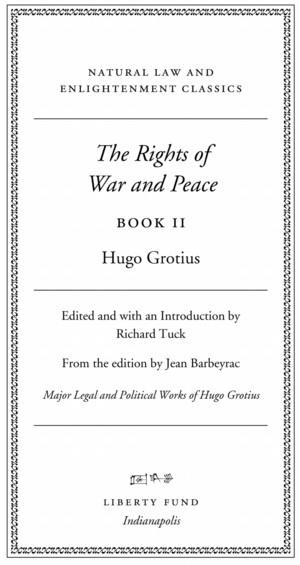
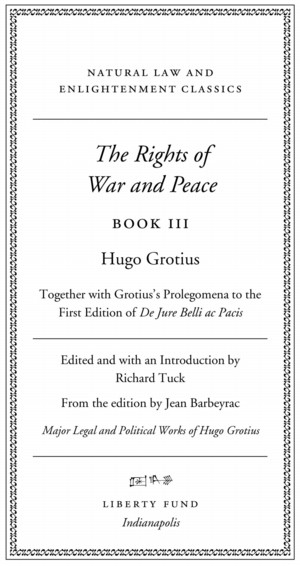
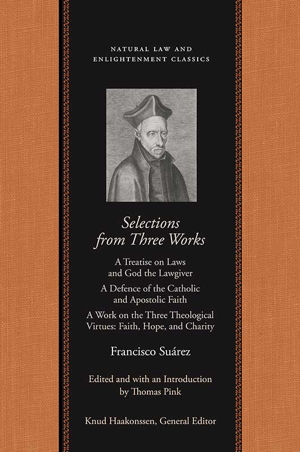
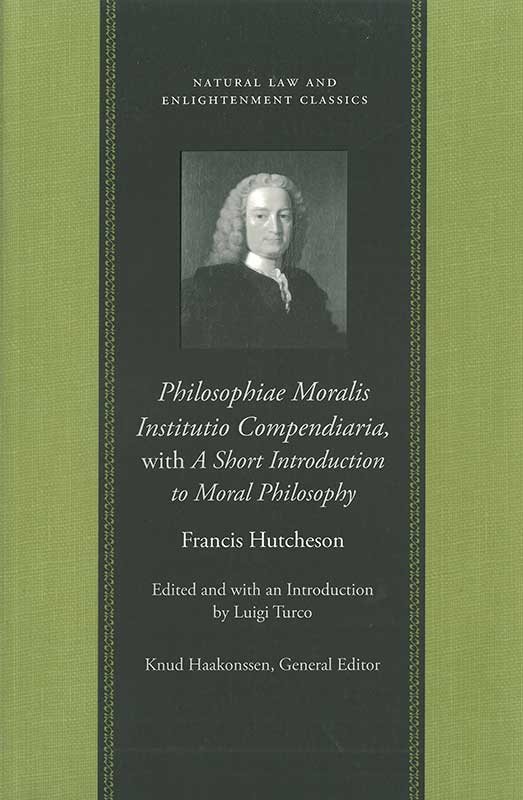
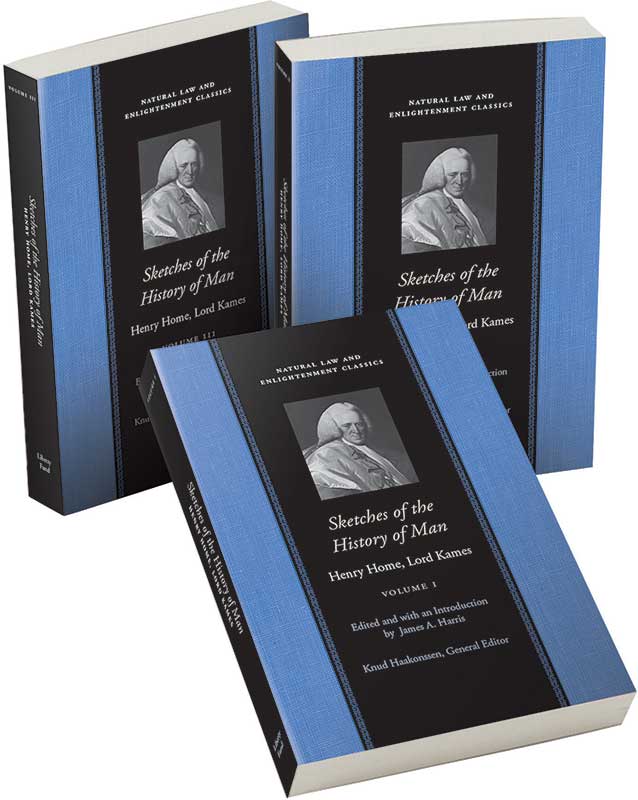
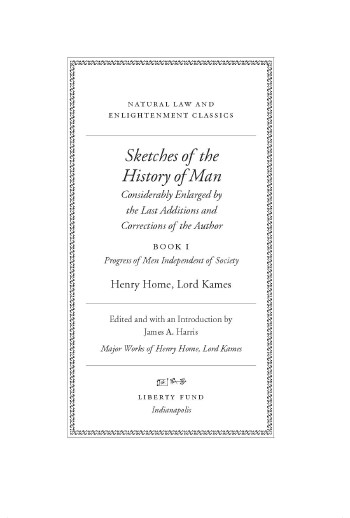
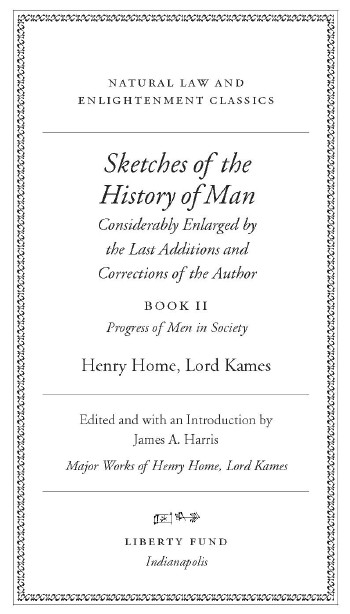
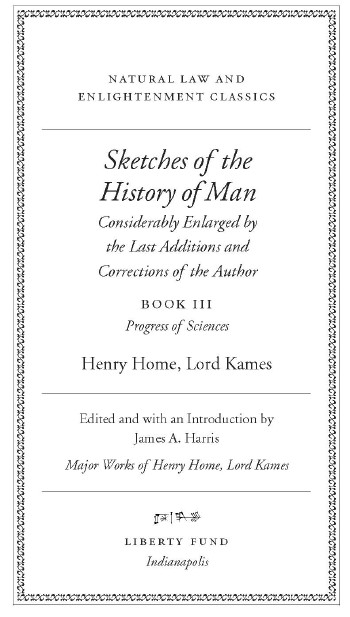
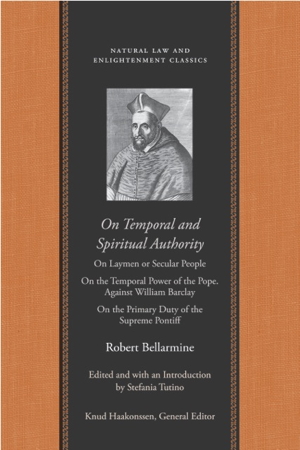
THE READING ROOM
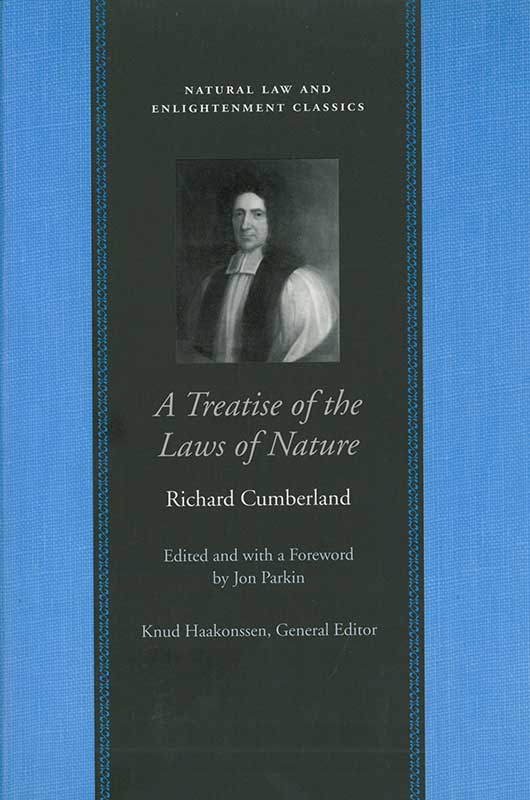
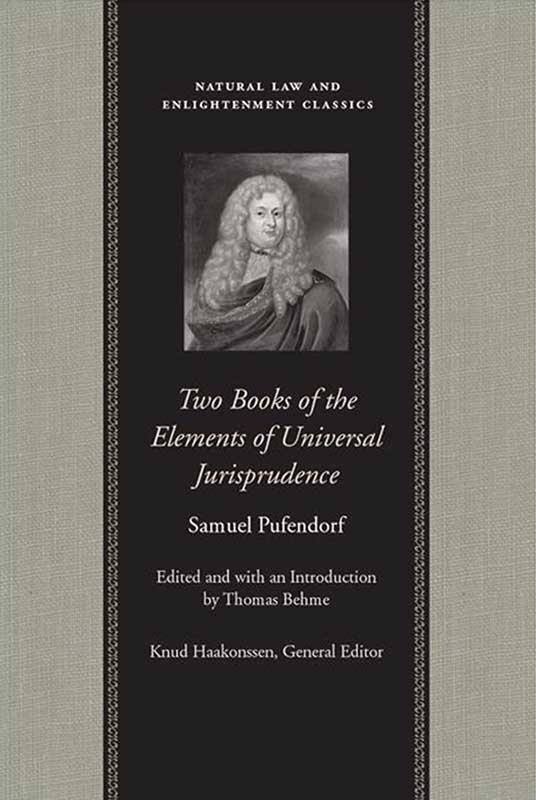
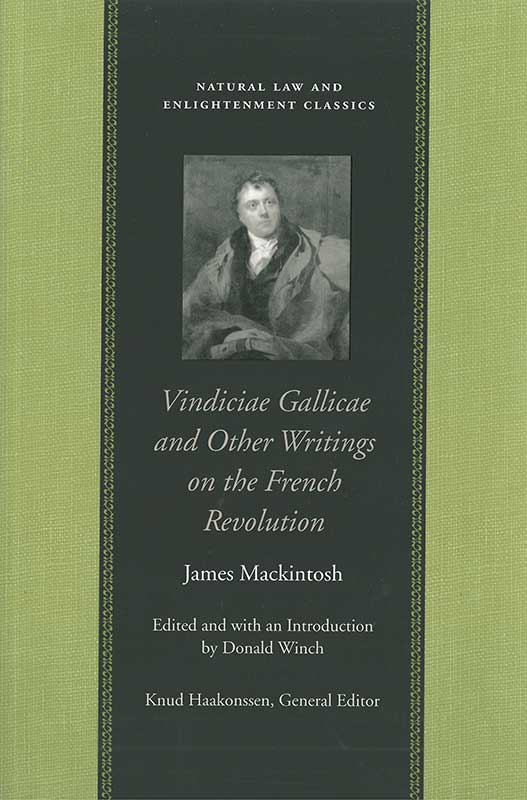
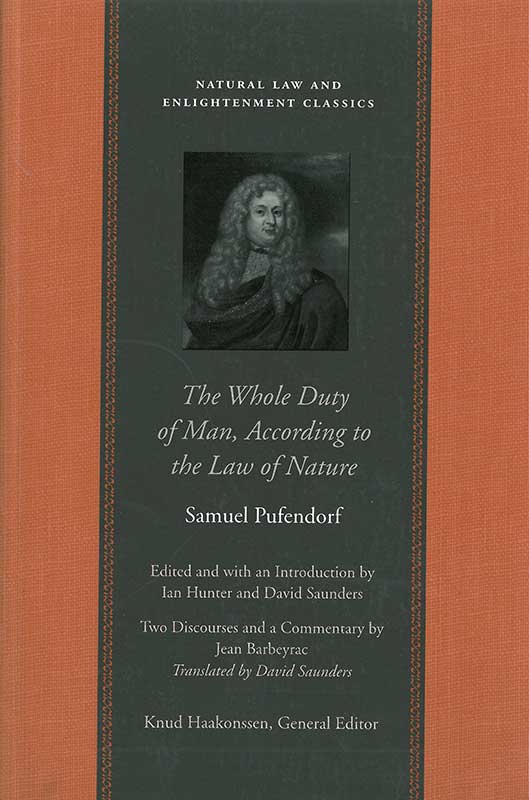
Samuel von Pufendorf (author)
Quotes
Natural Rights
Francis Hutcheson on the difference between “perfect” and “imperfect” rights (1725)
War & Peace
Grotius on Moderation in Despoiling the Country of one’s Enemies (1625)
Natural Rights
Heineccius argues that no man should be deprived of anything which he has received by nature, or has justly acquired (1738)
War & Peace
Hugo Grotius discusses the just causes of going to war, especially the idea that the capacity to wage war must be matched by the intent to do so (1625)
War & Peace
Hugo Grotius on civil right being derived from civil power
War & Peace
Hugo Grotius on sparing Civilian Property from Destruction in Time of War (1625)
Property Rights
Hugo Grotius on the natural sociability of humans (1625)
War & Peace
Hugo Grotius states that in an unjust war any acts of hostility done in that war are “unjust in themselves” (1625)
Law
James Mackintosh on how constitutions grow and are not made (1799)
Justice
James Mackintosh on the relationship between justice and utility (1791)
Justice
Jean Barbeyrac on the need to disobey unjust laws (1715)
Philosophy
Jean Barbeyrac on the Virtues which all free Men should have (1718)
Liberty
John Millar on liberty as an unintended consequence of a struggle between tyrants (1787)
Free Trade
Lord Kames argued that neither the King nor Parliament had the right to grant monopolies because they harmed the interests of the people (1778)
Property Rights
Lord Kames states that the “hoarding appetite” is part of human nature and that it is the foundation of our notion of property rights (1779)
Philosophy
Marcus Aurelius on using reason to live one’s life “straight and right” (170)
Notes About This Collection
See the listing of current and proposed titles in the Series with the expected date of publication.
For additional information about the Natural Law and Enlightenment Series see in the Forum: Timeline on Natural Law and Enlightenment.
